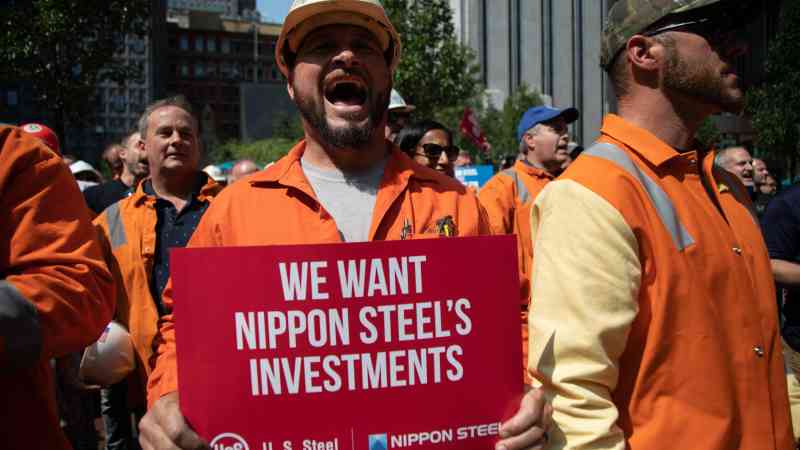We need a plan to insulate Britain’s inefficient homes
For millions of people, the energy price cap rise in October will be a moment when the abstract concept of energy efficiency suddenly becomes all too real: inefficient homes are becoming very expensive.
Our latest analysis, published today in partnership with economists at the CEBR, underlines the scale of the growing energy efficiency divide in Britain. From October, the two thirds of households living in homes rated below the government’s target EPC C rating, are set to pay £748 more per year for their energy than the third living in homes at or above the threshold.
Worryingly, our research found that the least energy-efficient housing is in Wales, Yorkshire and the Humber and the West Midlands, where poverty levels are above average. Those who are already struggling the most may have the biggest burden to shoulder.
Britain has some of the least energy-efficient housing in Europe. One estimate suggests that UK homes lose heat up to three times faster than homes in Europe.
The energy price spike should be a galvanising moment, both for policymakers and businesses. Alongside support on bills for the lowest-income households, we need bold and pragmatic action on energy efficiency for the long term.
Kingfisher is proposing five practical policies, based on our customer research and experience as a home improvement retailer working with governments in eight countries across Europe.
First, financial support schemes to fund domestic energy efficiency projects. Our research found that while most of us are more interested in energy efficiency because of rising bills, upfront costs are seen as the biggest barrier.
For the lowest-income households, more grant funding is vital, along the lines of the MaPrimeRénov’ scheme in France. For those with greater means to pay, low or no-interest loans similar to those offered in Germany would help to put measures within reach.
Second, scrapping VAT on all energy efficiency products, such as insulation and smart thermostats, would make them an easier choice for households. Third, a stamp duty discount would help to encourage homebuyers to install energy efficiency measures after moving, when people are most motivated to make changes to their homes.
Fourth, we need a transparently tracked government target for the number of energy efficiency installations to be delivered each year to maintain momentum.
Finally, we need enough tradespeople with the skills to make the energy efficiency revolution a reality — now and in the future. That means funding for those who want to retrain as installers to plug the growing skills gap.
Businesses around the country are stepping up to the energy efficiency challenge, either in their own operations or through the support they offer customers. At Kingfisher, B&Q and Screwfix have long been helping customers to make improvements.
It’s time to put energy efficiency at the top of the agenda, with a bold but practical national plan. If we don’t, we risk years of wasted energy and money for households at a time when they can least afford it.
Thierry Garnier is chief executive of Kingfisher






